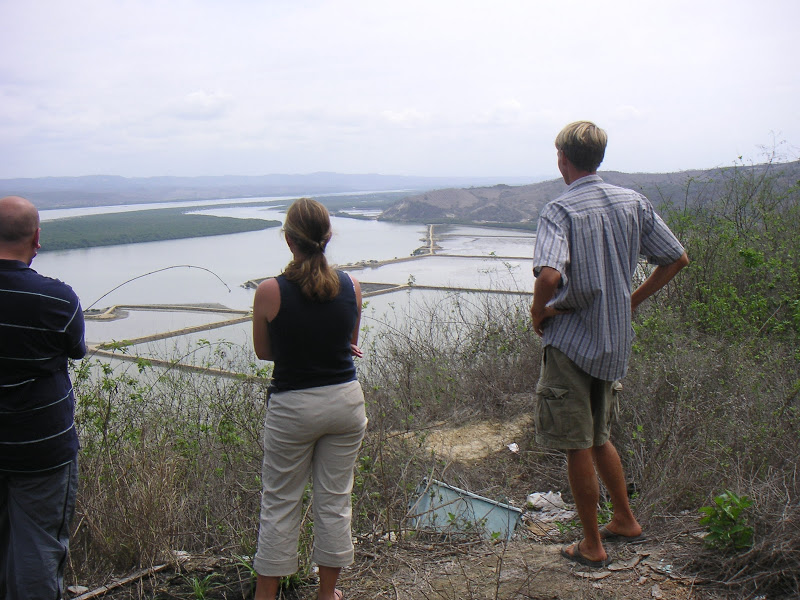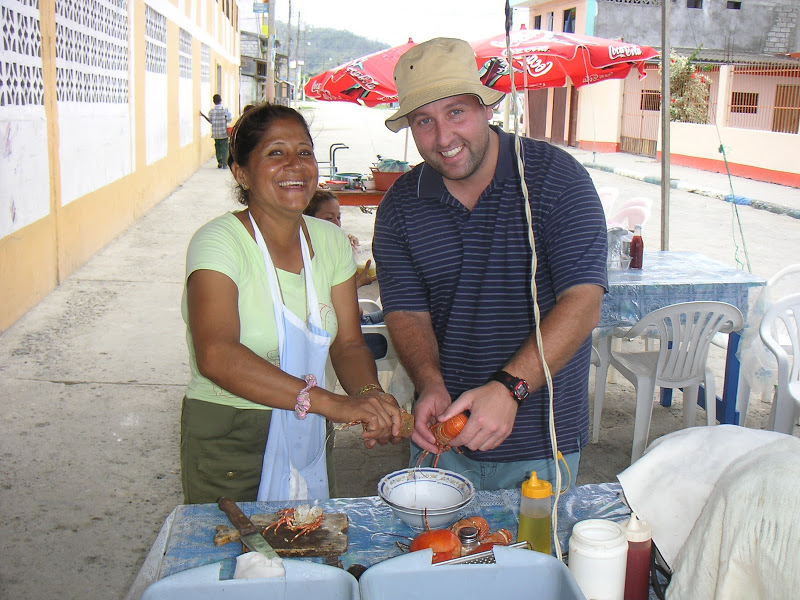Ecuador Awards $83K Fellowship to SU Professor

The highly competitive award is considered the premier science fellowship within Ecuador, Hamilton said, and is given to less than 10 percent of those who apply.
“My hypothesis is that the driving mechanisms behind the sedimentation include the deforestation of riverine mangrove forests and the conversion of terrestrial forests into agriculture and other uses,” Hamilton said. “It is a problem because it has reduced the livelihood options available to local populations and decreased security for those who rely on the estuary for income and food.”
In addition to studying the impacts of land-use and land-cover change in the coastal watershed, Hamilton also will produce a management plan to mitigate the sedimentation issue in the future. He will involve students in projects related to his research.

The Prometheus Project is designed to strengthen and advance scientific research, education, innovation and technological development in strategic priority areas of interest for Ecuador. Linking foreign researchers and Ecuadorians, the fellowship brings those with proven experience in their areas of study to the South American country to develop collaborative research with national and international institutions.
Hamilton will reside in the city of Bahía de Caráquez during summer 2015 and again in spring/summer 2016. He will partner with Ecuador’s Ministry of the Environment on the project.
Hamilton earned his Ph.D. in Geography from the University of Southern Mississippi in 2011, winning that year’s top doctoral dissertation award for his study of “The Impact of Shrimp Farming on Mangrove Ecosystems and Local Livelihoods along the Pacific Coast of Ecuador.”
He has studied in Ecuador nearly every year since 2007, has led two student trips to the region, and has published extensively on the country’s coastal environments. His most recent articles explore titling community land to prevent deforestation, the relationship between international aid and mangrove deforestation, and quantifying mangrove deforestation since the advent of commercial aquaculture.
Hamilton also is part of an Ecuadorian research team that has been awarded $100,000 for a separate study of harmful algae blooms in that country.
For more information, call 410-543-6030 or visit the SU website at www.salisbury.edu.
